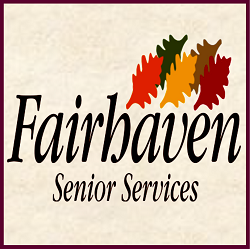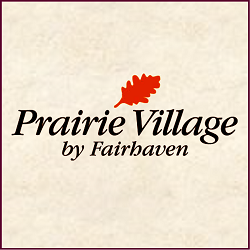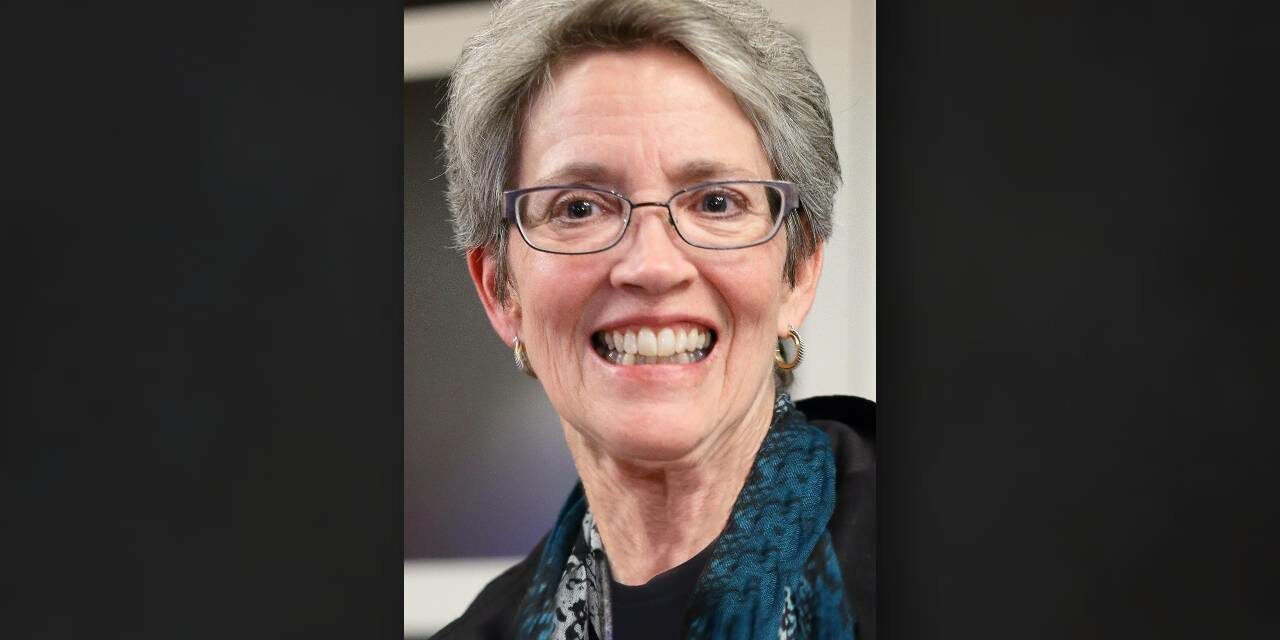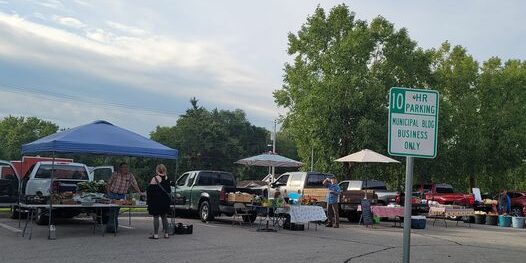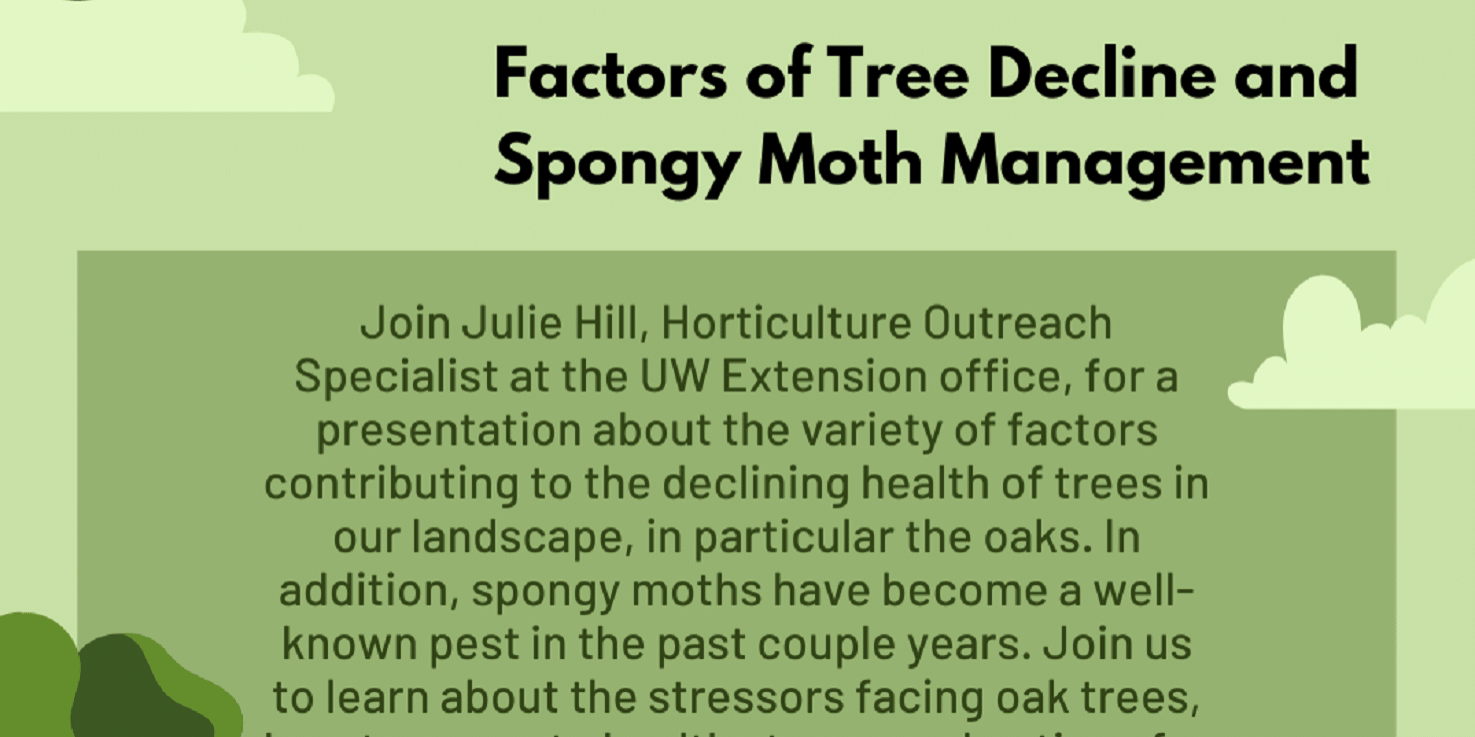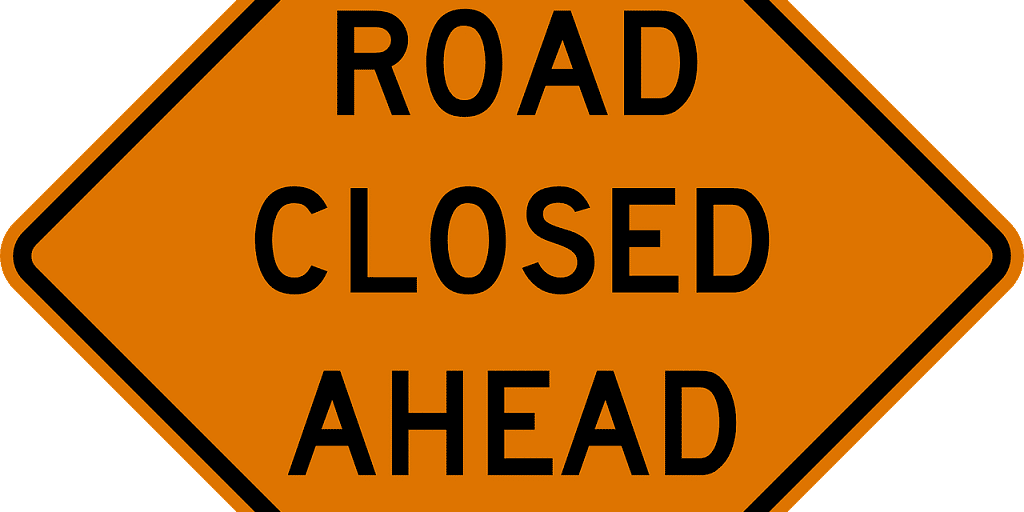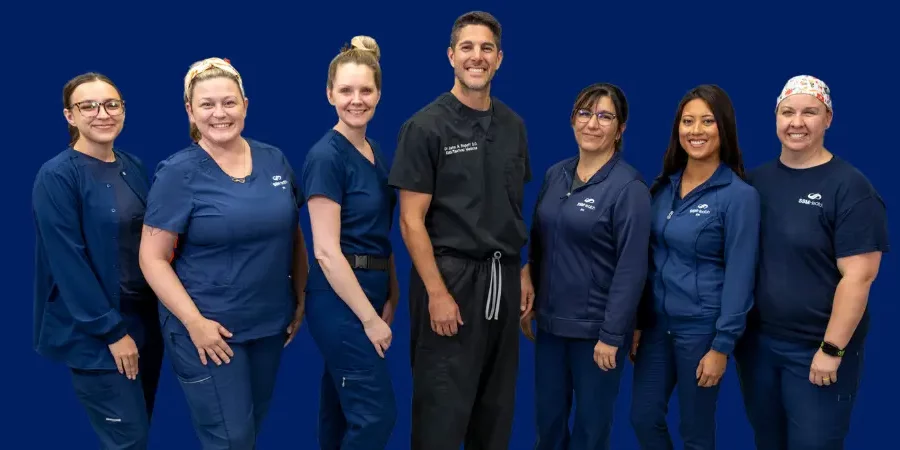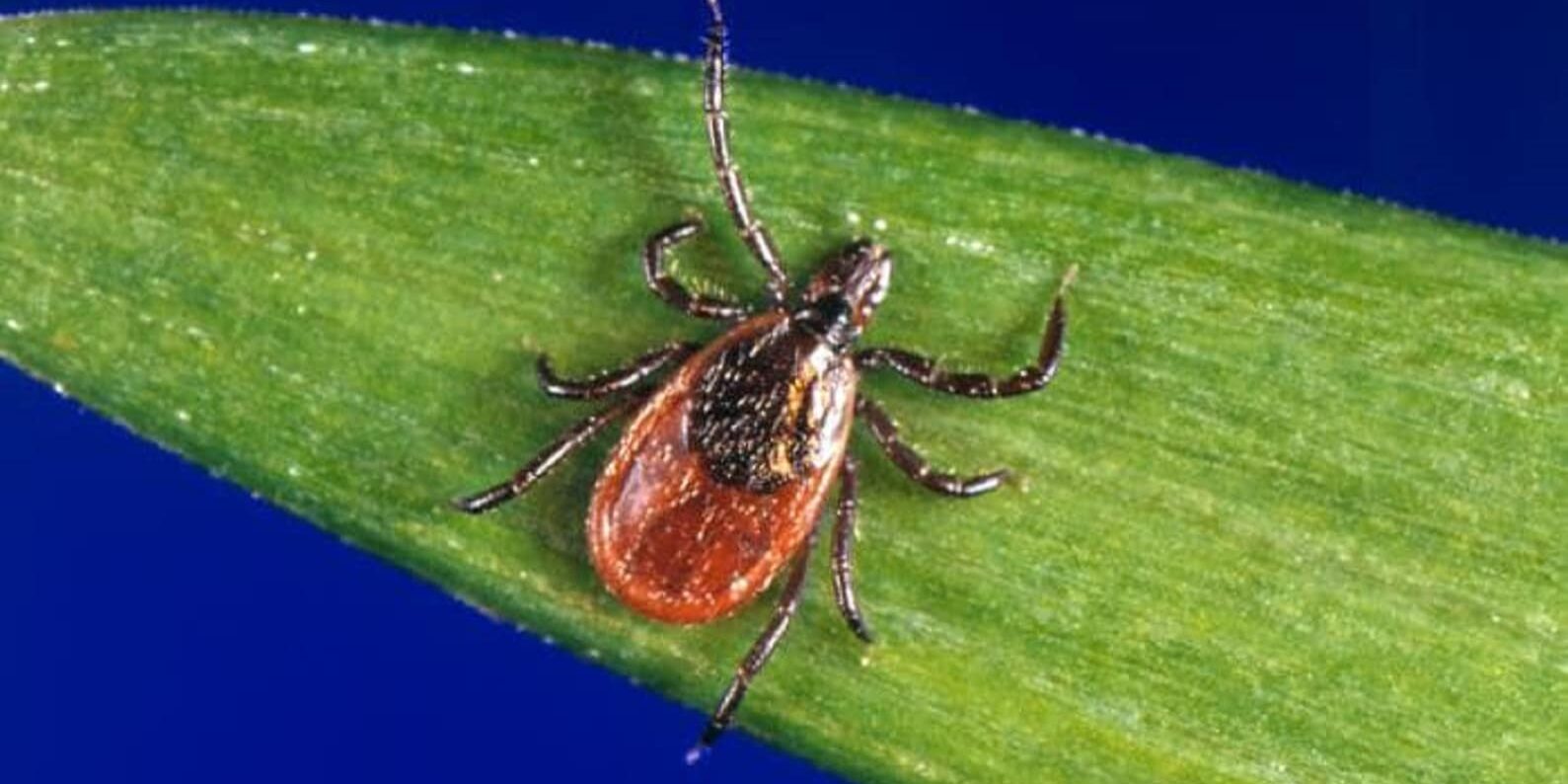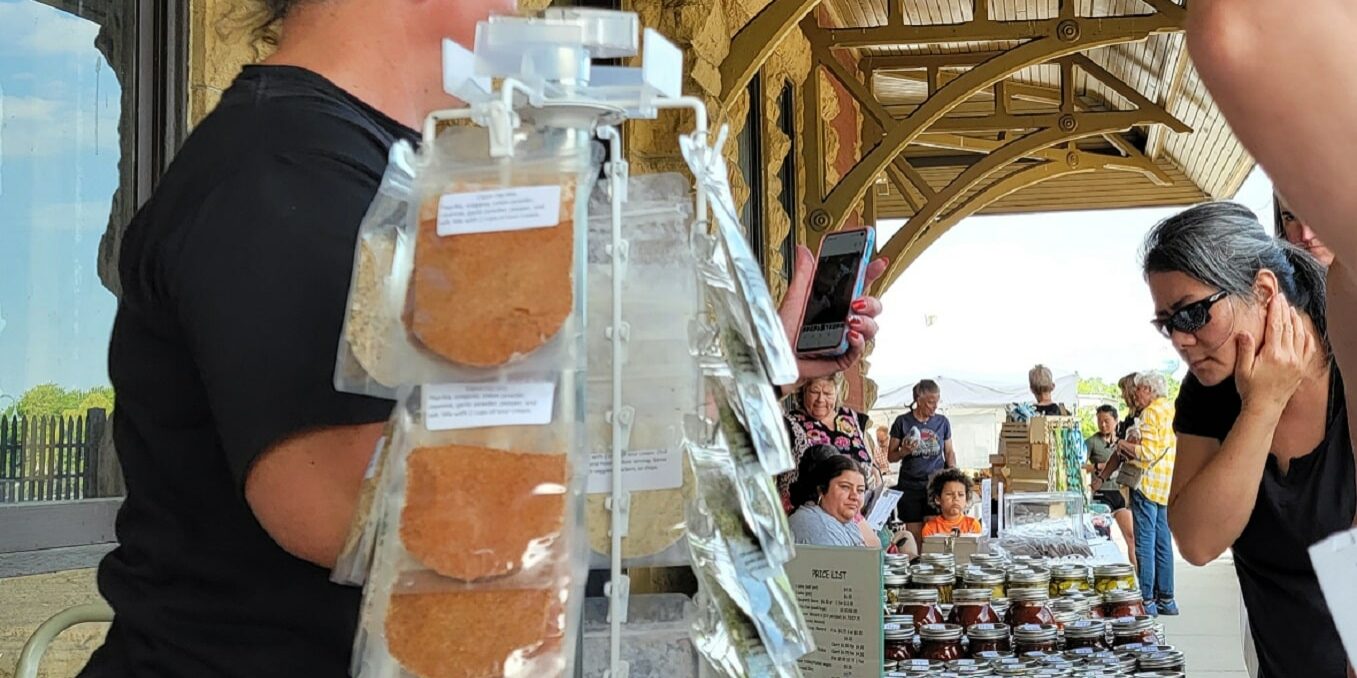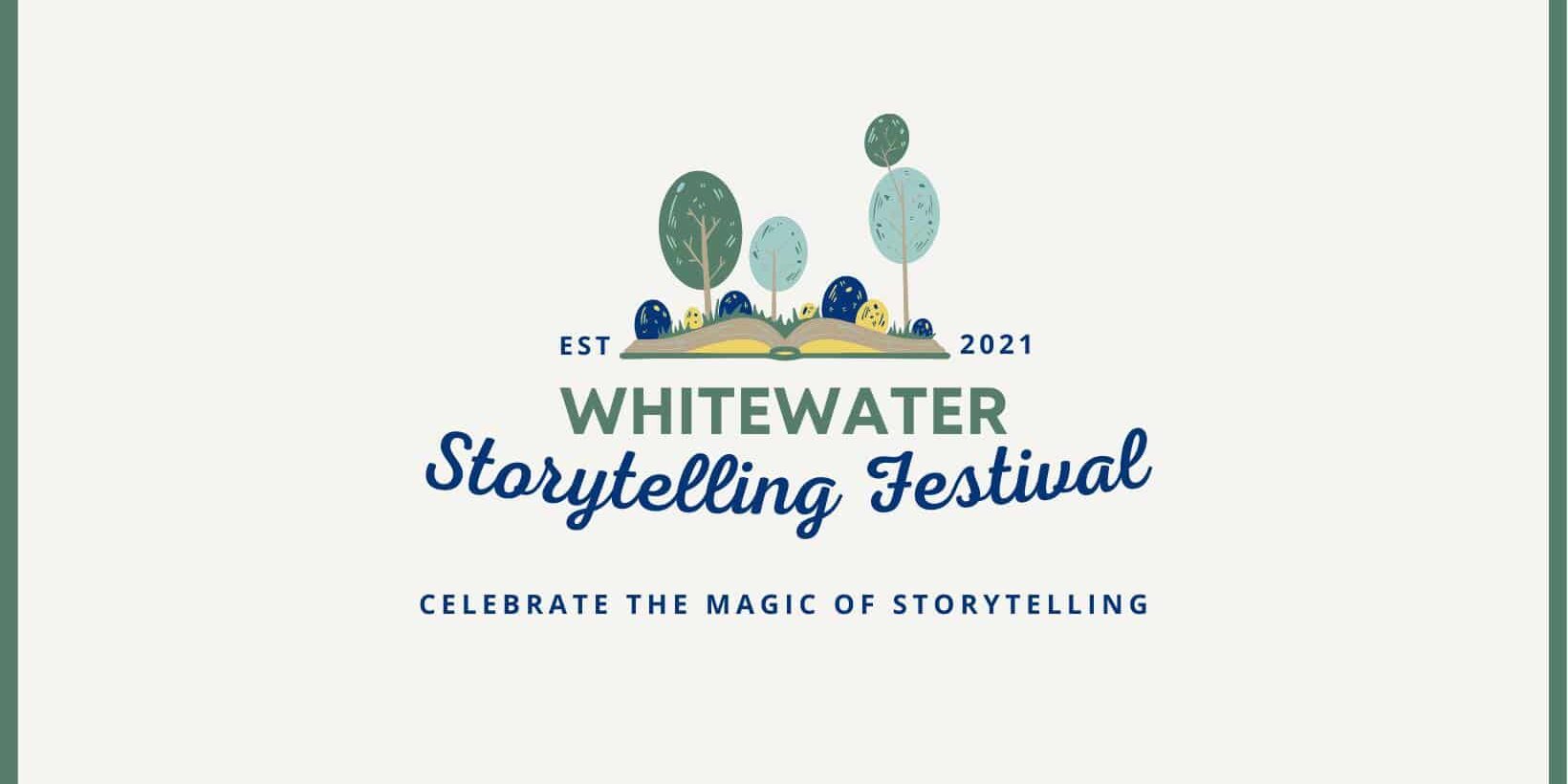Editor’s Note: The following was provided by Wild Ones Kettle Moraine Chapter.
While Wisconsin’s Initiative on Climate Change Impacts (WICCI) leads the way for evaluating climate change impacts on Wisconsin and identifying solutions, much of the research conducted on carbon sequestration has been in natural landscapes and agricultural lands. Intact, diverse ecosystems show the greatest resilience to climate change and can better absorb stress. Furthermore, interconnected ecosystems are critical to ecological health and the ability for flora and fauna to adapt to climate change. Residential ornamental landscapes have potential to sequester carbon, reduce flooding and erosion and enhance biodiversity. As gardeners, our practices are part of the whole landscape system and we can contribute to creating healthy and diverse ecosystems.
In this interactive discussion, we will briefly take a step back to understand the basics of climate and the carbon cycle so we have a common understanding of impacts in Wisconsin and the relationship of gardeners to the changing landscape. Together, we will explore science-guided gardening practices, actions and resources to reduce emissions, better sequester carbon in plant biomass and soil and retain ecological functional values across landscapes. You, as gardeners, no matter your experience or gardening expertise, no matter if you have a large, small or no yard, can help lead the way through sustainable gardening practices to adapt to the impacts of climate change.
Julie Hill is the Horticulture Outreach Specialist for UW-Madison Division of Extension serving Walworth, Rock and Jefferson Counties. She works with local, regional and statewide partners to provide horticulture education to residents of Walworth, Rock and Jefferson counties and statewide audiences. As a free service to these counties, Julie also provides advice on a variety of lawn, landscape or gardening issues and concerns.
WHEN: Saturday, March 16. 2024, at 10 a.m.
WHERE: South Kettle Moraine State Forest Headquarters, Eagle
S91W39091 Highway 59; One mile west of Eagle, on Highway 59
Open to the Public. No admission fee.




